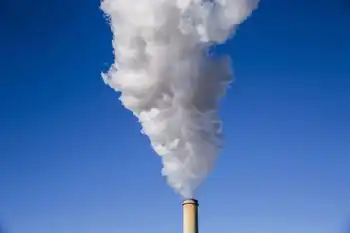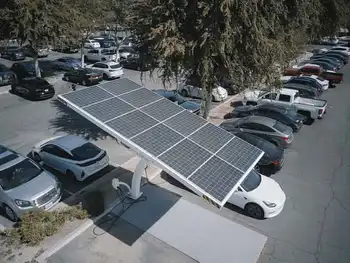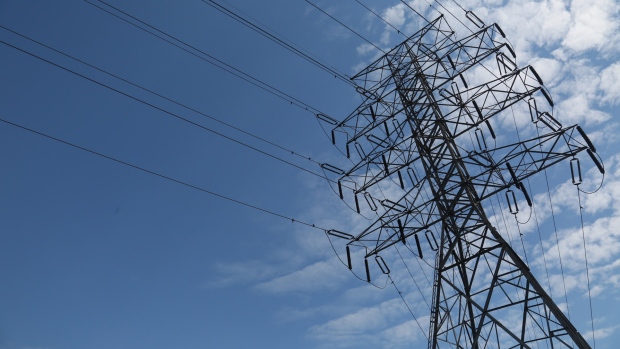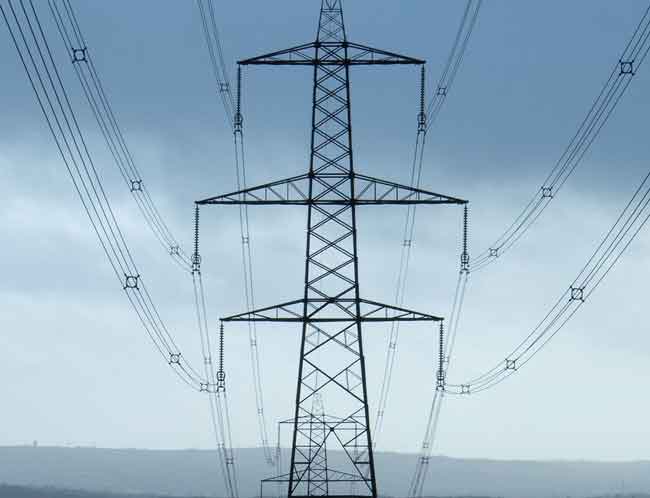Take three days off to save energy: Chavez
VENEZUELA - When youre stuck in a traffic jam on Easter Monday, spare a thought for the holidaymakers of Venezuela. Their spring break has just been extended by three extra days – but they might have to spend some of it in the dark.
The countrys president, Hugo Chavez, decreed that the Monday, Tuesday and Wednesday after the Easter weekend would this year become public holidays, as an emergency measure to slash his countrys electricity consumption in the face of a severe energy crisis.
Most Venezuelans will now get an entire week off work, from Maundy Thursday on April 1 until the following Thursday. The only people to miss out on the bonanza are the unfortunate employees of restaurants, hotels, pharmacies and banks, which are deemed essential and therefore allowed to stay open.
Mr Chavez stressed that the move was not about lethargy, but about saving energy. He figures that people relaxing on the largely Catholic nations Caribbean beaches will use less power than they would do at work, and will be rested and productive when they finally return to their day jobs.
But the countrys business community doesnt see things that way. Many firms have already seen their bottom line suffer because of rolling electricity blackouts introduced to save energy, and say the extended holiday will further eat into their profit margins. The leftleaning government has also begun raising punitive surcharges on companies whose electricity use it deems excessive.
Mr Chavez blames the power shortage on a severe drought, which has pushed water levels at the large hydroelectric installations such as the Guri Dam complex on the Orinoco River, which provide the majority of Venezuelas energy, to critically low levels.
His political opponents disagree. They argue that Venezuelas vast oil and gas reserves ought to give the nation a bottomless supply of cheap electricity, but say the staterun power companies are hopelessly inefficient. They also accuse Mr Chavez of failing to invest in energy infrastructure during the 11 years he has been in power.
Related News

Alberta set to retire coal power by 2023, ahead of 2030 provincial deadline
CALGARY - Alberta is set to meet its goal to eliminate coal-fired electricity production years earlier than its 2030 target, thanks to recently announced utility conversion projects.
Capital Power Corp.’s plan to spend nearly $1 billion to switch two coal-fired power units west of Edmonton to natural gas, and stop using coal entirely by 2023, was welcomed by both the province and the Pembina Institute environmental think-tank.
In 2014, 55 per cent of Alberta’s electricity was produced from 18 coal-fired generators. The Alberta government announced in 2015 it would eliminate emissions from coal power generation by 2030.
Dale Nally, associate minister of Natural…




